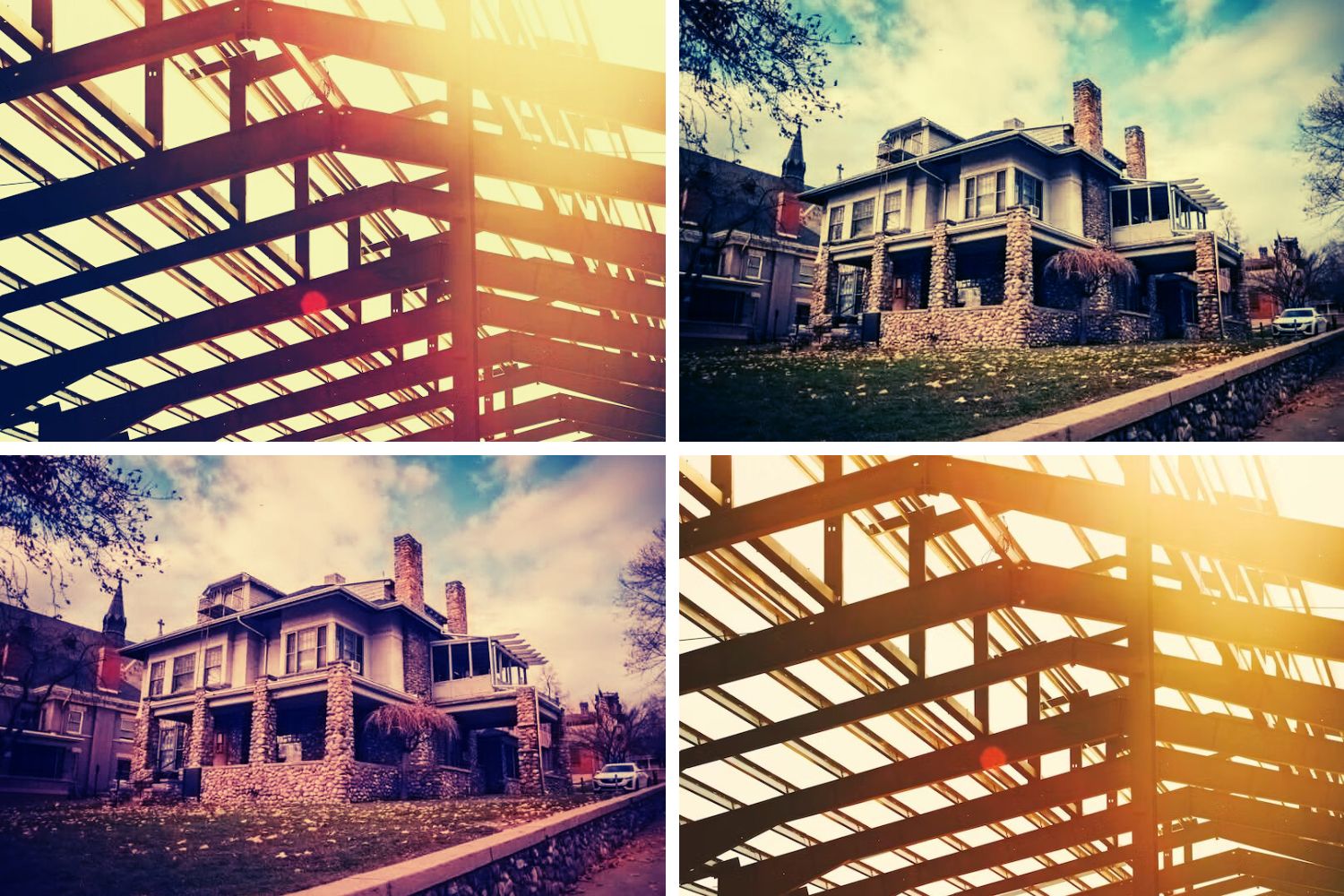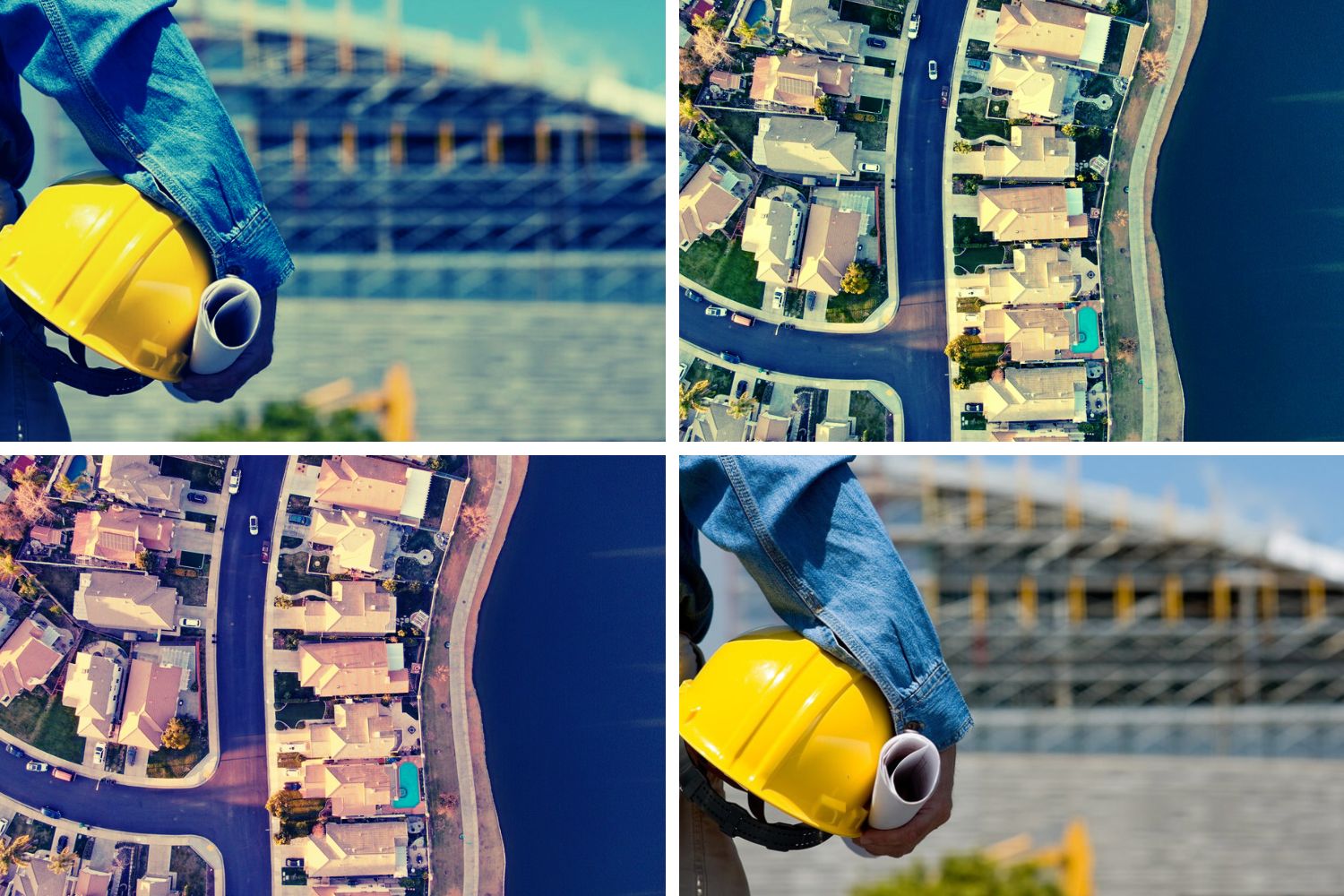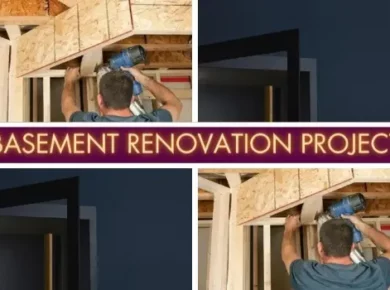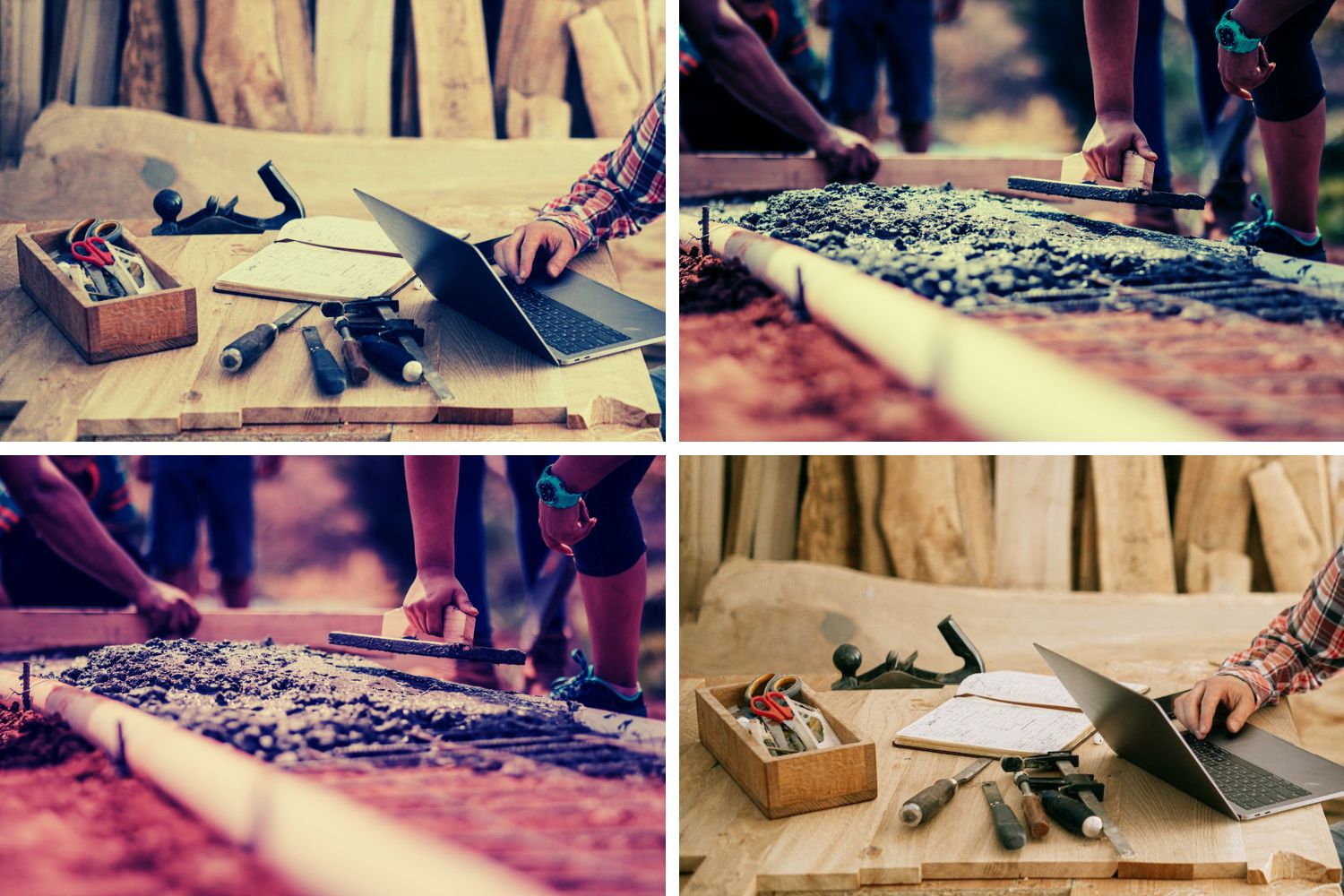Having a safe and secure home is an essential element of any lifestyle, yet many homeowners overlook the importance of structural integrity. From ensuring your roof won’t collapse to preventing foundation issues, maintaining structural integrity in your home can help protect its value and safety as well as save you money in repairs down the line. In this comprehensive guide, we’ll explore all aspects of keeping up with the physical structure of your property and provide practical tips for protecting it against damage both now and over time. Read on to learn how you can ensure that your home remains structurally sound!
What is Structural Integrity and Why is it Important for Your Home

Structural integrity refers to the ability of a building structure to withstand its intended load and remain stable over time. It is of utmost importance for your home because it ensures your safety and that of your loved ones. A house with sound structural integrity is resistant to natural disasters such as earthquakes, strong winds, and heavy rains, among others. Moreover, it guarantees that your home is durable and long-lasting, reducing the likelihood of costly repairs caused by structural damage.
Therefore, it is vital to ensure that your home has good structural integrity through regular inspections and maintenance so that you can enjoy your space with peace of mind while protecting yourself and your family.
Signs of Structural Issues in Your Home
Your home is a safe haven, a place of comfort and security. But what if that safe haven isn’t so safe after all? A home is an investment, and structural issues can turn what was once seen as a solid investment into a money pit. It’s crucial to be able to spot the signs of structural issues in your home before larger problems arise.
Admittedly, it’s not the easiest task, but knowing what to look out for can save you thousands of pounds in the long run. From sloping floors to cracks in your walls, keep your eyes peeled for any clues that may indicate structural problems in your home.
The Different Types of Structural Defects
When it comes to the structural integrity of buildings, there are a variety of defects that can arise. These defects can range from minor cosmetic issues to serious safety hazards. One common type of defect is in the settlement, which occurs when the ground underneath a building shifts or compresses unevenly. This can lead to cracks in walls and floors, as well as uneven settling of the building. Another type of defect is structural damage caused by water infiltration, which can weaken foundations and structural components over time.
Additionally, construction flaws, such as poorly designed joints or inadequate reinforcement can also lead to structural defects. Overall, understanding the different types of defects that can impact building structures is important for ensuring safety and avoiding costly repairs down the line.
Benefits of using Structural Steel

Structural steel is a versatile building material that has been used for centuries due to its numerous benefits. Buildings made from steel are not only strong, durable, and resistant to environmental factors but also cost-effective and easy to construct. If you live in Brisbane, look into https://networksteel.com.au/structural-steel-fabrication-brisbane/ for high-quality steel fabrication services. With steel, architects, and builders can create unique and beautiful designs that would be challenging to achieve with other materials. Steel also offers flexibility, which allows for the modification or expansion of a structure.
Moreover, buildings made from steel are highly sustainable and environmentally friendly, as steel is one of the most recyclable materials in the world. These and other benefits of steel make it the preferred choice for construction in various industries.
Conclusion
Overall, structural integrity is an essential component of any home that provides it with stability and safety. Structural issues must be addressed as soon as they are spotted, or they can cause serious damage to the entire structure of the home. In some cases, making use of structural steel reinforcement may be necessary to ensure the strength and integrity of a building. Homeowners should be aware of the signs of deficient structural integrity and keep an eye out for them on a regular basis, as damage can occur rapidly if left unchecked.
Additionally, hiring an experienced professional home inspector to assess your home is usually recommended in order to ensure that all structural issues are caught before they become too costly to repair. By understanding what structural integrity entails and taking common preventative measures, homeowners can rest assured their investment is safe from the dangers posed by inadequate structural design or maintenance.






